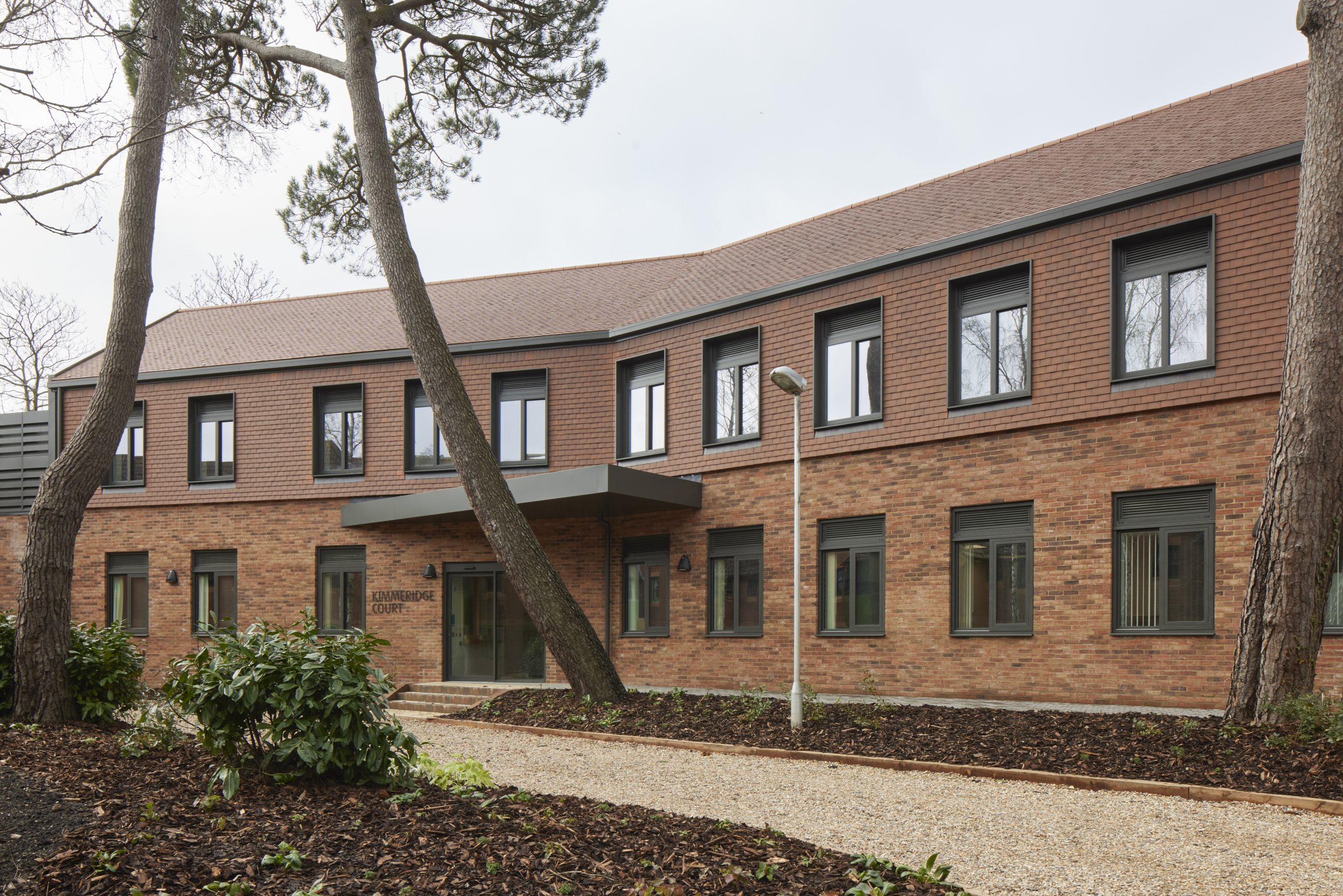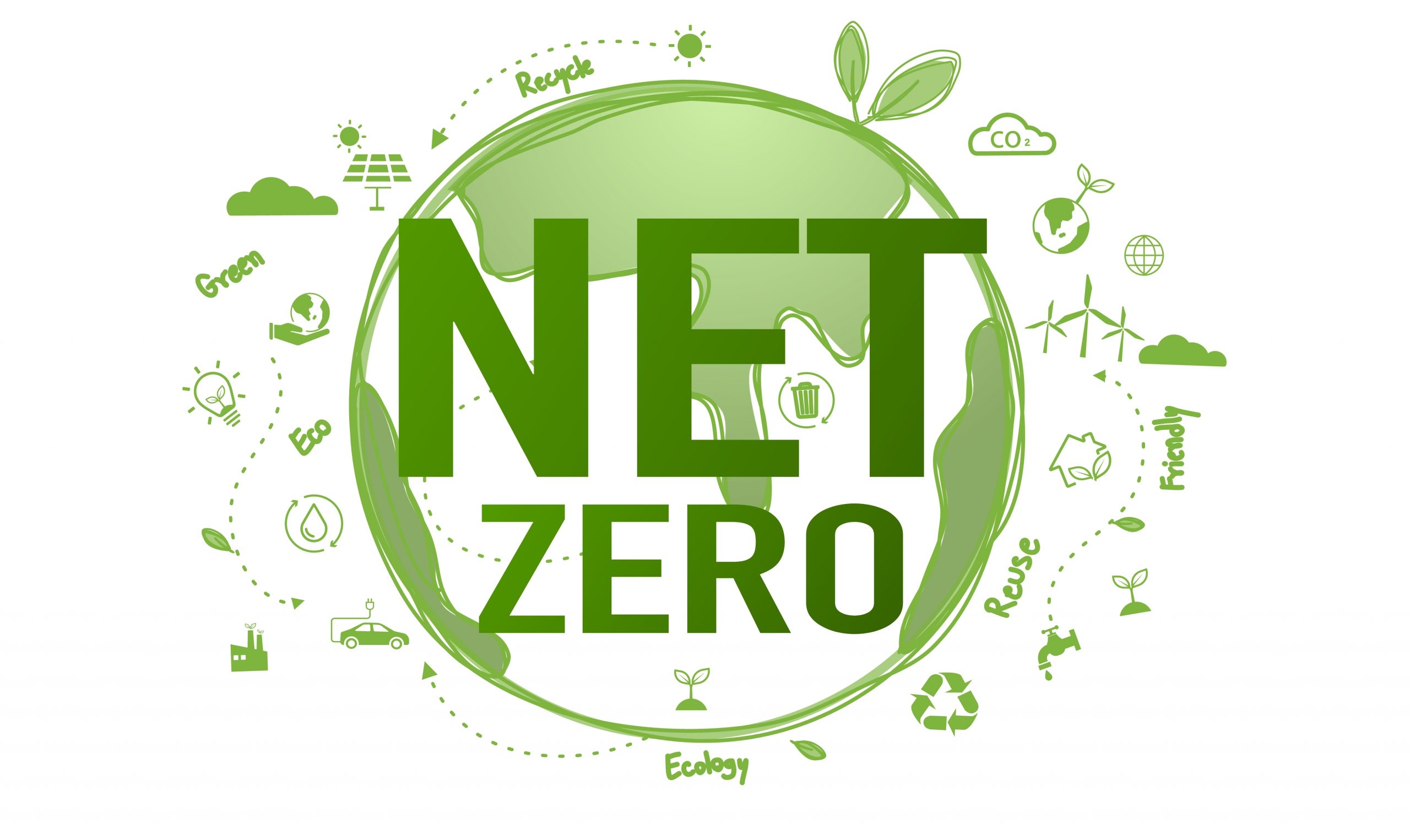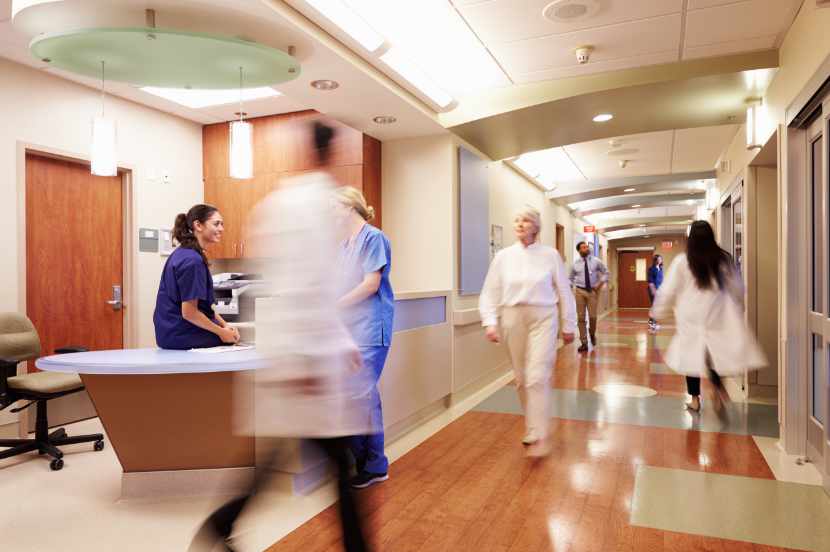David Bailey Furniture has been awarded two significant FF&E (Furniture, Fixtures & Equipment) contracts in…
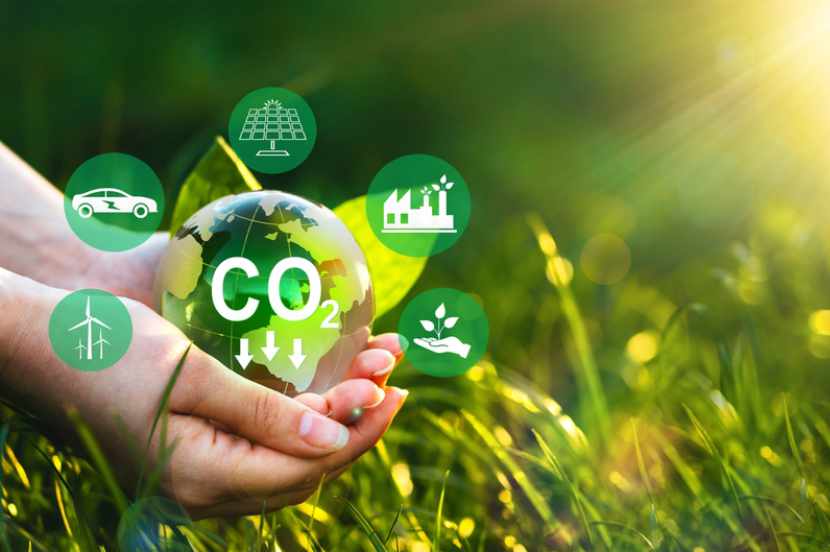
DBFS carbon reduction plan moves toward a net zero future
In the manufacturing industry, environmental considerations are very much in your face. Wasted materials are common. Transport and logistics can cause a huge waste of time and resources. The difference between manufacturing efficiency and inadequacy runs parallel to the manufacturer’s environmental impact.
For reasons both economic and environmental, waste reduction and environmental consciousness have long been our focus. Through our just in time manufacturing approach, we have drastically reduced wasted materials. Being locally based in the UK, our logistics are significantly less impactful than manufacturers shipping from abroad.
We’re proud to take steps regularly to improve upon our environmental commitments. As the world changes, we change with it and look for new ways to be better as a company and as citizens of this planet.
Our latest initiative addresses carbon reduction more holistically. Beyond our warehouse and logistics, David Bailey is committed to achieving net-zero emissions by 2050. To this end, we have introduced a carbon reduction plan tackling emissions, electricity, fuel, gas, transport, recycling, offsets and waste.
Our entire end to end operations have been reviewed, and our plan is set and signed.
Baseline emissions

Understanding our baseline emissions was an important starting point for understanding what had to be removed moving forward. All in all, we calculated our emissions across:
- Electricity = 241,592kWh x 0.21233kgCO₂e ÷ 1000 = 51.3tCO₂e
- Natural gas = 109,512kWh x 0.18316kgCO₂e ÷ 1000 = 20.1tCO₂e
- Water supply = 298m³ x 0.149kgCO₂e ÷ 1000 = 0.04tCO₂e
- Wastewater, assuming 95% of the 282m³ goes down the drain/is flushed away = 0.95 x 282m³ x 0.272kgCO₂e ÷ 1000 = 0.07tCO₂e
- Waste = 75.5 tonnes x 21.294kgCO₂e ÷ 1000 = 1.61tCO₂e
- Fuel used in company-owned vehicles = 27550 litres x 0.23686kgCO₂e ÷ 1000 = 6.53tCO₂e
- Fuel used in employee-owned vehicles, a mix of petrol {0.24158} & diesel {0.23686} vehicles [avg.0.23922kWh Gross] = 87317 miles {140523.1km) “8.07 litres per 100km” = 17413 litres x 0.23922kgCO₂e ÷ 1000 = 4.17tCO₂e
- Indirect emissions from purchased electricity, heating, cooling and steam = 0tCO2e
- Indirect emissions from supply chain, employees’ waste, water use, use of business travel including flights, distribution of products, consumers using our products = 6.53tCO₂e ÷ 2 = 3.27tCO₂e
Our baseline emissions were thus: 87.09tCO2e
Achieving net-zero

By 2030
By 2030, we project our carbon emissions will decrease to 65.32tCO2e, a reduction of 25%. This will be achieved through various carbon reduction projects and initiatives, including:
- Carbon Reduction Policy
- Sustainability Policy
- Corporate Social Responsibility Policy
- The adoption of LED/PIR lighting controls
- Introduction of a ‘switch it off’ policy regarding any lighting, heating, machinery, and IT equipment not in use
- Changes to policy resulting in a reduction in company travel
- Changes to policy causing staff awareness and involvement
- Investment into modern CNC machinery with Eco benefits
- Burn our own wood-based waste from the shop floor
- Recycle our paper, plastics and carboards
- The electrification/hybrid construction of the company cars.
At present, 20% of our company vehicles are battery-operated. Our goal is to increase that percentage. To this end, any future purchases will be battery operated electric vehicles.
By 2050
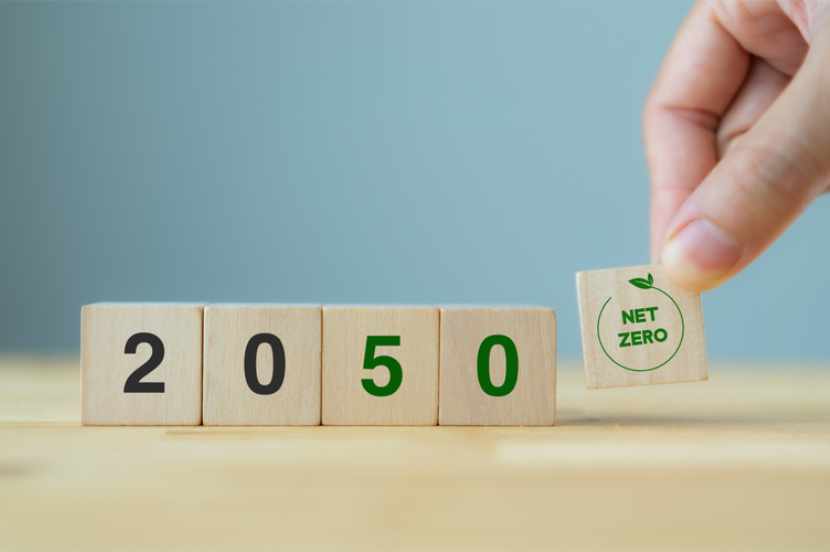
By 2050, we plan to implement further measures, including:
- Solar panel panels on the roof
- Cycle to work scheme
- Staff car-sharing and possible flexible hours to allow staff from further away to car share
- Encourage staff to use greener forms of transport
- Fully integrate an electronic records document management system
- Use eco-friendly products for cleaning.
Completed in accordance with PPN 06/21 and the associated guidance and reporting standard for Carbon Reduction Plans, this initiative is more than just talk. Our emissions have officially been reported and recorded, committing us to ongoing monitoring and accountability against our targets.
Carbon reduction plan – find out more
At David Bailey Furniture Systems, we care about the footprint we leave on this world. We are proud to support honourable industries working to better people’s lives. Net-zero is but one more small contribution we make to do our part. If you’re working on a healthcare, education or veterinary refurbishment or new build project at the moment, and would like to find out more about our carbon reduction plans, please get in touch. You can find details on our specialist healthcare furniture ranges here.

